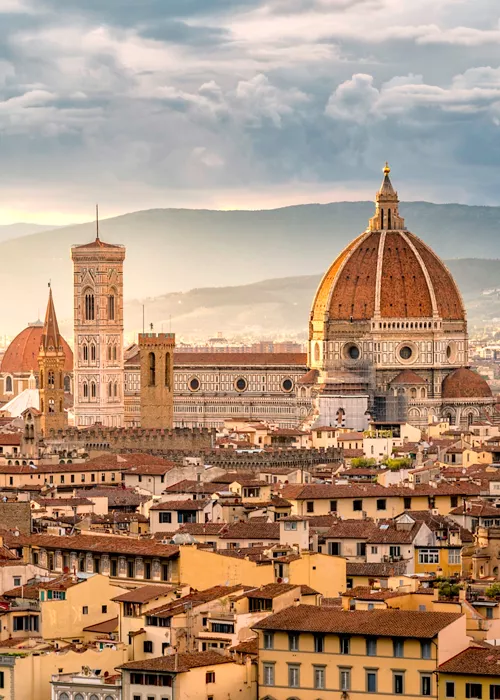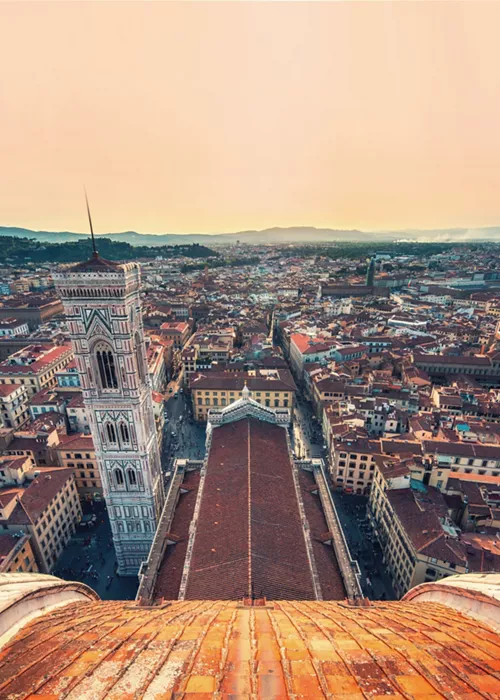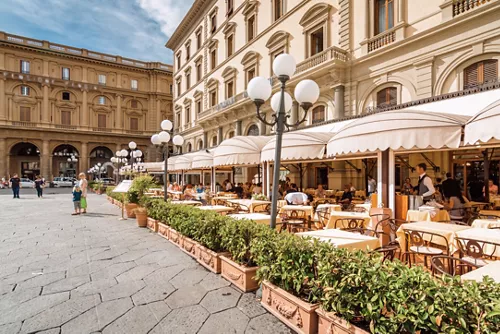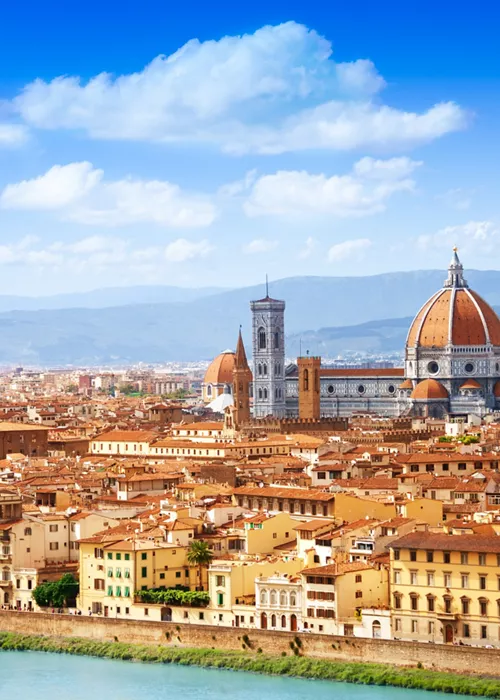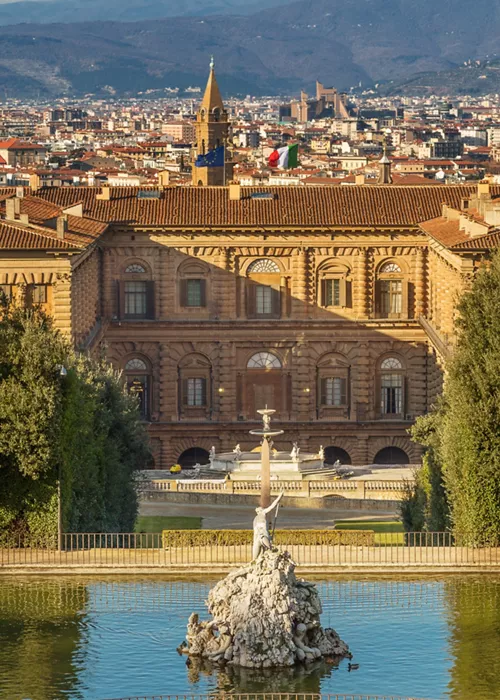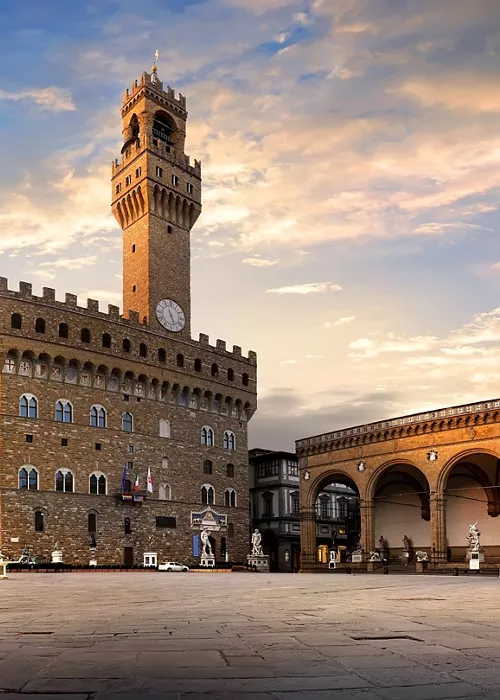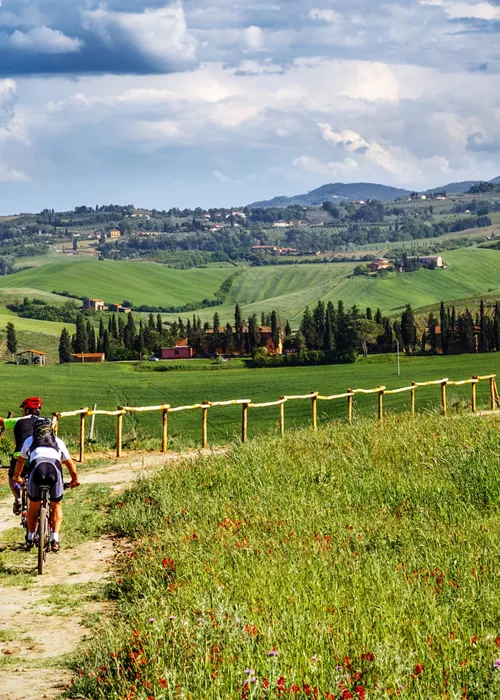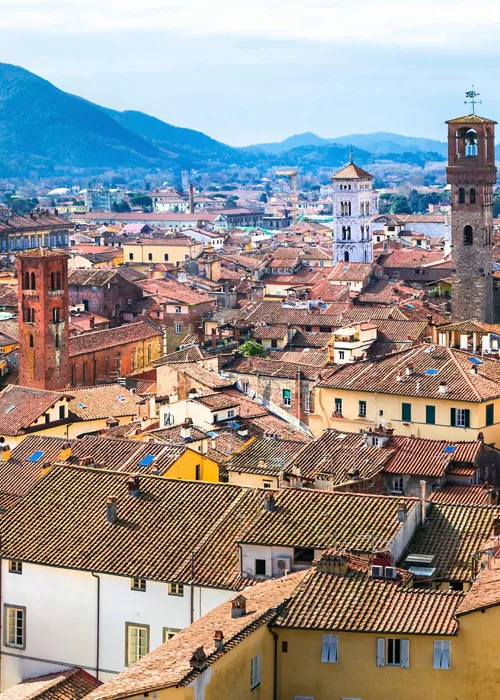Dostoevsky in Florence: itineraries, places and books
5 minutes

Dostoevsky was a Russian writer and philosopher, considered together with Tolstoy as one of the greatest Russian novelists and thinkers of all time. His life, enmeshed in the terrible web of his sickness, was shaken by frequent epileptic seizures that ended up undermining his health and relationships
During a voyage of discovery to the European capitals, he arrived in Florence, where he completed the writing of The Idiot and, perhaps in this very city, managed to 'put his soul in order'.
According to the philosopher Giovanni Reale, 'Man needs beauty as a fundamental element for the life of his spirit' and it is easy to think that the splendour of the city, with its history and art, had a positive effect on him.
Dostoevsky's house in Florence

The highest point of tangency between Latin America and Siberia has a name: Florence, or rather a house in Piazza Pitti where the Moscow writer lived for about a year between 1868 and 1869.
It was from this house that he has Prince Myskin say in The Idiot: "But read to that same soldier his death-sentence, and he will either go mad or burst into tears. Who dares to say that any man can suffer this without going mad? No, no! it is an abuse, a shame, it is unnecessary—why should such a thing exist? Doubtless there may be men who have been sentenced, who have suffered this mental anguish for a while and then have been reprieved; perhaps such men may have been able to relate their feelings afterwards."
Dostoevsky's itinerary in Italy and his books
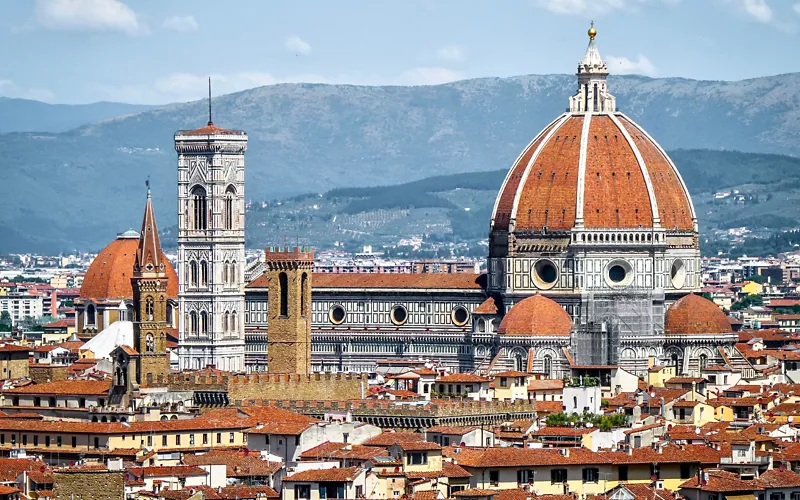
Dostoevsky came to Italy twice, in 1862 and 1868, driven by economic difficulties and health crises that led him to travel abroad to escape creditors and recover from epilepsy. Despite the tragedy that took away both his second wife and daughter in 1864, it was during these years that he wrote some of his most significant novels: "Humiliated and Insulted" (1861), "Notes from Underground" (1865), "The Gambler" (1866), "Crime and Punishment" (1866) and "The Idiot" (1868-69), works that mark a deep exploration of the human soul and a prelude to the great synthesis represented by "The Demons" (1871-'72) and, first and foremost, "The Brothers Karamazov" (1879-80).
He arrived in Florence at the end of an itinerary that took him to Turin, Milan, Rome and Naples. Dostoevsky loved Italy and reached out to it like somone on a cultural and spiritual pilgrimage, speaking of it with knowledge and love: "For two thousand years Italy has carried within itself a universal idea capable of uniting the world; not just any abstract idea, not speculation, but a real, organic idea, the fruit of the life of the nation, the fruit of human life".
Where Dostoevsky lived in Florence
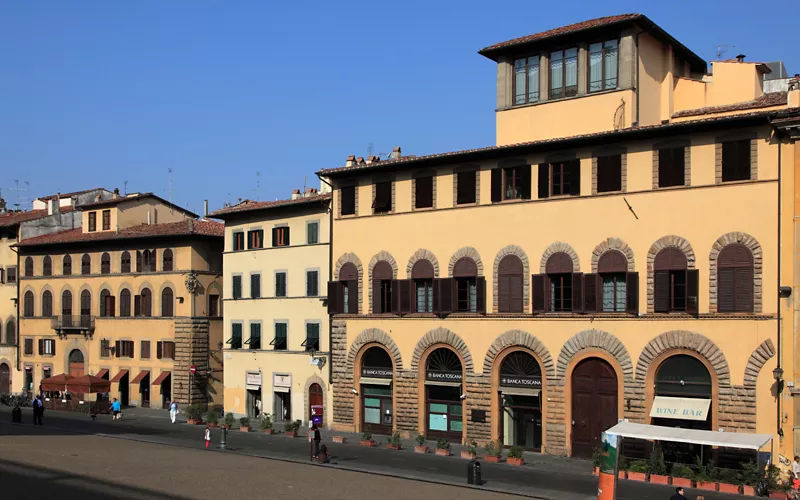
1868 was the era of Florence as capital; the king of united Italy lived in Palazzo Pitti and it was here that Dostoevsky rented a flat on the second floor of Casa Fabiani, right on the spectacular square beneath the Royal Palace. "The change again had a beneficial effect on my husband, and we began to go together to churches, museums and palaces", his third wife Anna noted in her recollections of their happy Florentine year; it was here that their child, whom they named Lubjov ('love' in Russian), was born; above all, it was here that Dostoevsky finished 'The Idiot': the project that, as we read in his diaries, had been tormenting him for some time because he wanted to give substance to a difficult idea, that of "portraying an absolutely good man".
The author's nostalgia for Italy
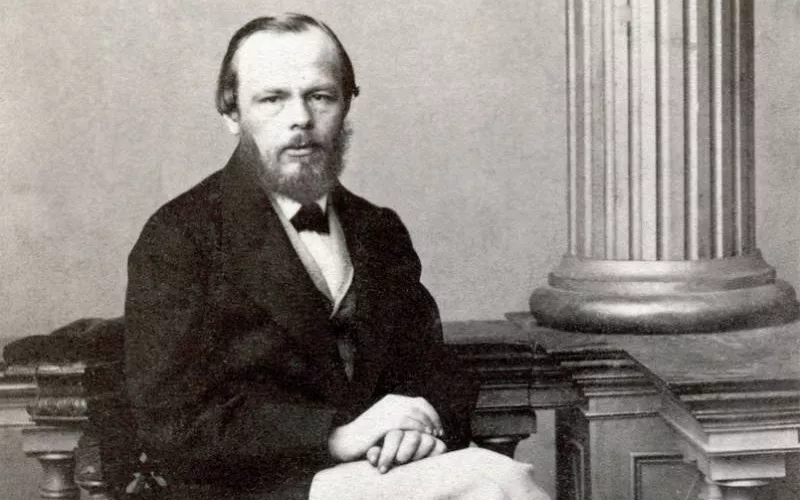
But even with the return to Petersburg, Italy does not disappear. Indeed, from the articles Dostoevsky published in the topical journal Grazdanin, a feeling of nostalgia for the country that "had for two thousand years affirmed a universal and real idea: the unity of the whole world" shines through.
In Italy, Dostoevsky probably found that oxygen, and that pathos linked to the sublime, which then allowed him to work no longer on a single voice, that of the fierce protagonist, but on a plurality of voices; thus arriving at that polyphonic novel where the spirit of the philosopher, the political thinker, even the theologian finally found themselves united. Certainly, Dostoevsky remained throughout his life an author who always acted on the border, on the edge of different realities, universes, existential and cultural spaces; on the edge between life and death, literature and truth, salvation and abyss, good and evil, faith and atheism, between Russia and Europe. But it is as if Florence, and Italy, had been able to bring to his mind a hypothesis of a new frontier, a new point of view from which to scan Russia and the soul of the world. From this landing place, the writer will still focus on the clash between God and Satan that is played out in the soul of man suspended on the edge; but he will no longer see only disorder, drama, underground, but rather a possibility of beauty: that absolutely beautiful, that pitiful and redeeming grace that for Dostoevsky was embodied, for example, in the Marian epiphany of the Sistine Madonna, in the image of Raphael or, more prosaically, in his love of Italian architecture.
In some way, it is as though Italy revealed to Dostoevsky a hypothesis of salvation, even an earthly one, for its protagonists: while St. Petersburg - a city of canals, sewers, dripping water - is in its belly the lair of unclean animals, Florence and Italy are the land of the angel; it is in this framework that Prince Myškin of the Idiot must be inserted, as the bearer of the idea of beauty and goodness.
In a letter to his brother Michail, a then young Dostoevsky wrote: "Man is a mystery. We must unveil it. Even if it takes you a lifetime to unveil it, don't say you wasted your time". Here, while starting from the experience of a gallows always present in his memory, Italy gave him back the sense of this search, so much so that we can say that as Dante in Florence through love understood death, so Dostoevsky through death understood love.


